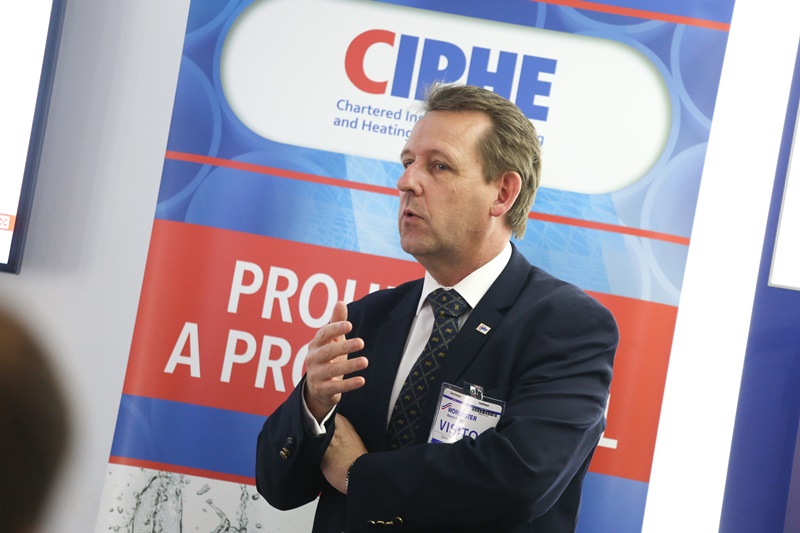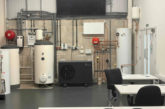
The Institute for Apprenticeships and Technical Education (IfATE) has given the Chartered Institute of Plumbing and Heating Engineering (CIPHE) formal approval to develop new Level 2 and Level 3 plumbing apprenticeship standards.
Current construction apprenticeship drop-out rates stand at around 47%, according to a recent report from the British Association of Construction Heads (BACH).
The CIPHE says that in developing the proposed qualification it has been led by a Plumbing Employers’ Group made up of sole traders, SMEs and larger employers, to gain feedback and to ensure the new standards are reflective of realities on site. It has also engaged with plumbing industry affiliated bodies including, colleges, independent training centres, manufacturers, merchants, industry representative organisations, government departments, and other industry bodies, including the Joint Industry Board – Plumbing Mechanical Engineering Services (JIB-PMES) and the Engineering & Building Services Skills Authority (EBSSA).
Last year the CIPHE conducted an Education Survey in which it found that 90%* of respondents were supportive of a proposal to introduce both Level 2 and Level 3 apprenticeships.
The Level 2 Standard will allow apprentices to complete an End Point Assessment covering topics such as hot and cold water installations, as well as sanitation and rainwater systems.
Successful completion of a Level 2 apprenticeship in plumbing will provide learners with a wide range of options for Level 3 progression. This will include low carbon heating, gas engineering, and the plumbing focused apprenticeship that introduces further assessment on advanced hot and cold water, low temperature hot water heating systems and plumbing/heating systems design.
Kevin Wellman, Chief Executive Officer at the CIPHE, said: “IfATE’s approval of the proposal to develop Level 2 and 3 apprenticeship standards is a vital development for our industry.
“We need to attract and retain talent in this sector: there are no two ways about it.
“To address this issue, we have been guided by industry employers who want to see a qualification that will create additional career entry points, enhance accessibility, and encourage employers to take on an apprentice.
“I believe the qualification will protect high standards of work whilst simultaneously providing more career pathway opportunities for plumbing apprentices especially those who aspire to achieve professional recognition as Engineering Technician through to Chartered Engineer. The insights, opinions and discourse between parties, in particular the Plumbing Employers’ Group, has been crucial to ensuring that the proposals submitted to IfATE were of a high standard. I have been humbled by the commitment and enthusiasm shown by the Group who have been unanimous in their support for the new apprenticeship.
“While we are delighted at their approval of our work to date, this is not the end. The crisis in plumbing education means that the CIPHE aims to have the new apprenticeship up and running as soon as possible, and our work with plumbing employers and relevant stakeholders to ensure the Apprenticeship Standards will be fit for purpose both now, and in the future only increases from here.
“I’d like to say a huge thank you to all of those that have been involved in this process so far.”
*Survey consisted of a sample of 360 industry professionals, business owners and those working in education












